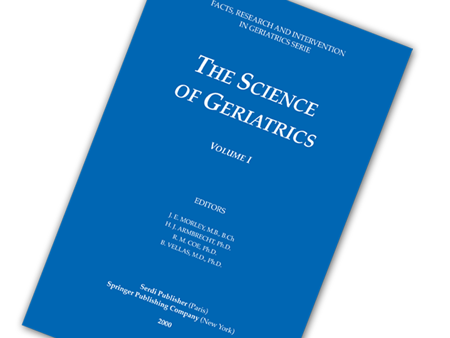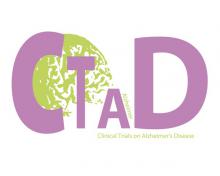This narrative review describes the distinct nutritional needs of middle-aged and older adults in the European Union. Literature reviews were conducted to identify sources evaluating nutritional status and interventions relevant to these populations. Emphasis was placed on dietary guidelines, systematic reviews, and meta-analyses examining relevant macronutrients and micronutrients and important diseases or conditions related to aging (e.g. cardiovascular disease, infections, osteoporosis, cognition, immunity).
Middle-aged and older adults in the European Union frequently do not obtain recommended amounts of key macronutrients and micronutrients necessary for maintaining health. In addition to the nutritional benefits of a healthful diet and contact with professionals to identify nutritional barriers, problem-solving techniques and micronutrient and macronutrient goals can improve the outcomes of dietary interventions in these individuals. Nutrition education programs, particularly those with specific recommendations, are effective for improving the nutritional status of these populations. For those who do not obtain adequate amounts of macronutrients and micronutrients from their diets, adhering to dietary guidelines and, when warranted, supplementation should be considered to improve nutritional status. The findings from randomized, controlled trials suggest that dietary interventions and supplementation can correct nutritional deficiencies and inadequacies that are important to the health of middle-aged and older adults. However, it is important to evaluate nutrient intake from the diet, supplementation, and fortified food to avoid exceeding tolerable upper intake levels of certain nutrients and limit potential adverse outcomes. Medical histories, medication use, dietary patterns, and other risk factors should be considered when recommending dietary improvements and supplements in these populations.
(1) Susanne Bügel, Balz Frei Care Weekly 2019
For your information: http://www.care-weekly.com/



